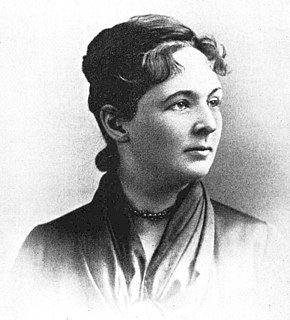A Quote by James Mackintosh
Related Quotes
I understood that all the material of a literary work was in my past life, I understood that I had acquired it in the midst of frivolous amusements, in idleness, in tenderness and in pain, stored up by me without my divining its destination or even its survival, as the seed has in reserve all the ingredients which will nourish the plant.
Now the code of life of the High Middle Ages said something entirely opposite to this: that it was precisely lack of leisure, an inability to be at leisure, that went together with idleness; that the restlessness of work-for-work's sake arose from nothing other than idleness. There is a curious connection in the fact that the restlessness of a self-destructive work-fanatacism should take its rise from the absence of a will to accomplish something.
In effort Happiness idleness life pleasure superstition support trouble work The superstition that all our hours of work are a minus quantity in the happiness of life, and all the hours of idleness are plus ones, is a most ludicrous and pernicious doctrine, and its greatest support comes from our not taking sufficient trouble, not making a real effort, to make work as near pleasure as it can be.


































